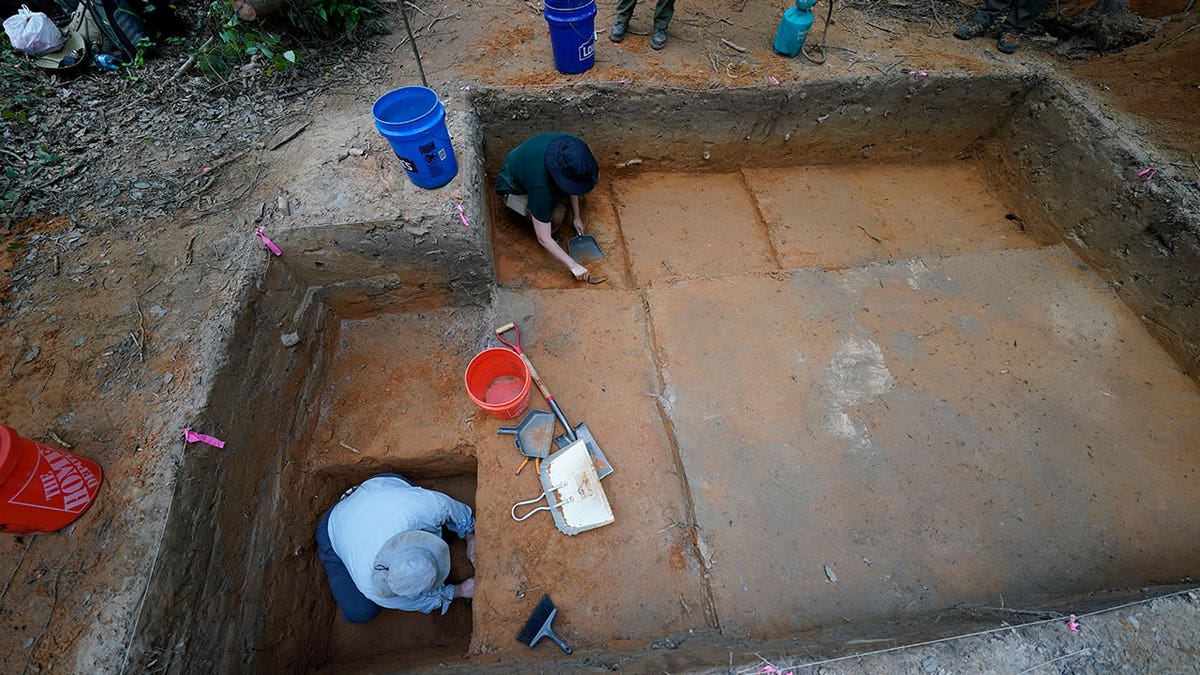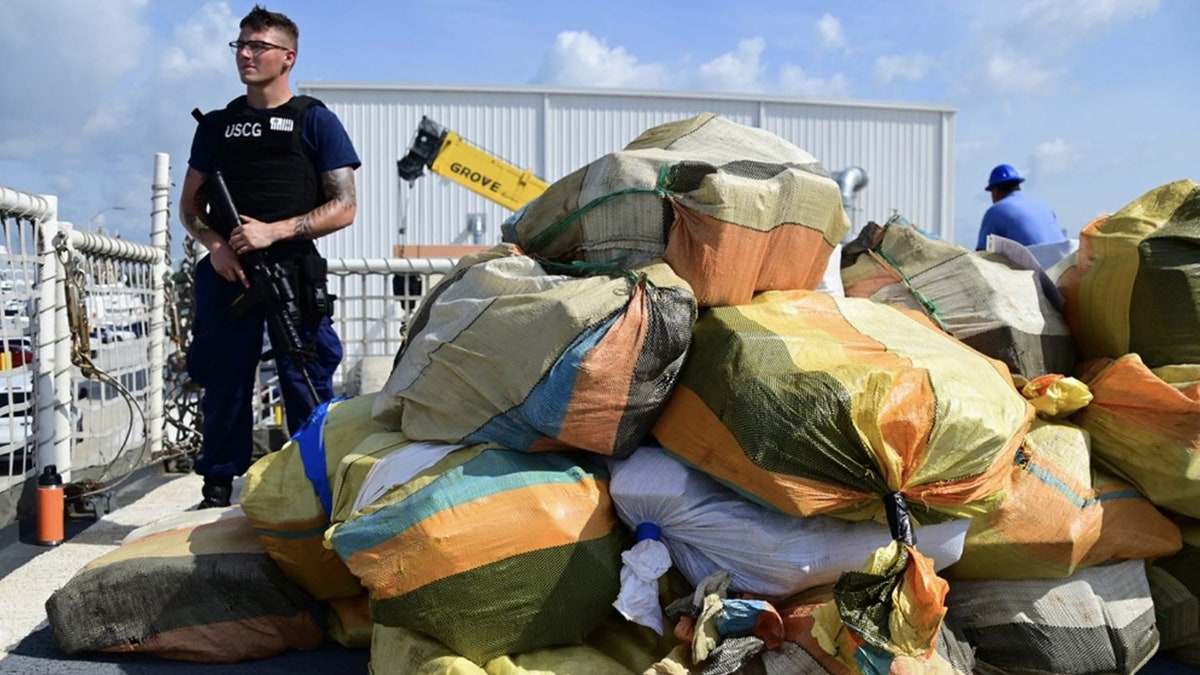Deep within the forests of west central Louisiana, remnants of a prehistoric settlement, including stone tools and spear points dating back potentially 12,000 years, are facing increasing threats from hurricanes, flooding, and looting. Archaeologists are working diligently this summer to excavate and preserve these artifacts within the Kisatchie National Forest in Vernon Parish.
The site, according to the U.S. Forest Service, shows signs of continuous inhabitation throughout prehistory, with a diverse collection of artifacts representing various Native American cultural periods up to the time of European contact.
Discovered in 2003, the site's vulnerability increased after Hurricanes Laura and Delta uprooted trees, exposing artifacts and making them susceptible to damage and theft. Using hurricane relief funds, Kisatchie National Forest officials initiated salvage excavations to study and protect the site.

Archaeologists meticulously examine the soil's color and texture, along with the unearthed artifacts, for clues about the people who inhabited the area over thousands of years. "We're essentially reconstructing the history of the peoples who lived here before 1492, going back more than 10,000 years," explained Forest Service archaeologist Matthew Helmer.
While this presents a significant opportunity for research, unauthorized digging and looting pose a major challenge. Mark Rees, an archaeology professor at the University of Louisiana at Lafayette, likened the theft of artifacts to "ripping a page out of an irreplaceable, ancient book."
The recovered artifacts will be carefully cataloged and analyzed at the archaeology lab to gain a deeper understanding of the past cultures that thrived at this site.








